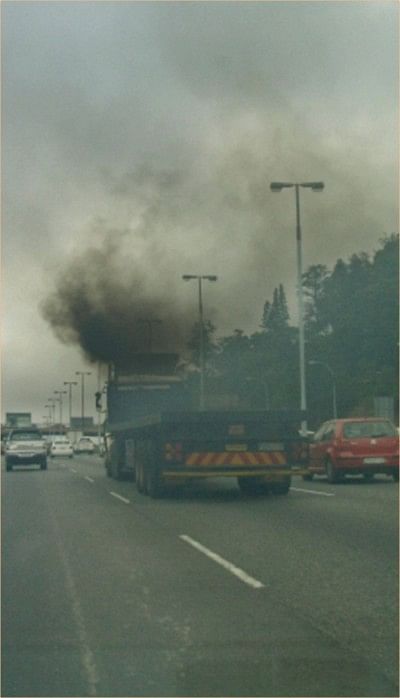Air pollution may lessen asthma inhaler benefits

Air pollution, which tends to inflame the airways in people with asthma, might also reduce the effectiveness of the rescue inhalers they count on for quick relief of their asthma symptoms, study findings hint.
Dr. Fernando Holguin, at the University of Pittsburgh, Pennsylvania, and colleagues studied 85 asthmatic children, ages 7 to 12, to determine whether outdoor air pollution had any impact on how well their rescue inhalers worked.
The children all lived in Mexico City, where traffic-related air pollution is usually very high. Fifty-three of the children had mild intermittent asthma, 20 had mild persistent asthma, and 12 had moderate persistent asthma.
As they report in the journal Chest, Holguin and his team found that higher levels of certain air pollutants, specifically nitrogen dioxide and ozone, made the rescue inhalers less effective — not because the devices didn't function properly, but because the children did not seem to respond as well to the medication.
For example, an increase of 10 parts-per-billion in nitrogen dioxide levels in the air seemed to decrease rescue inhaler efficacy by about 15 percent.
Among the 25 children in the study who regularly used inhaled corticosteroids to help control persistent asthma, the rescue inhalers provided more effective quick relief.
These findings are consistent with other studies and "may explain why asthmatics are more symptomatic in relation to air pollution," Holguin said.
Source: Chest, December 2009

 For all latest news, follow The Daily Star's Google News channel.
For all latest news, follow The Daily Star's Google News channel. 




Comments